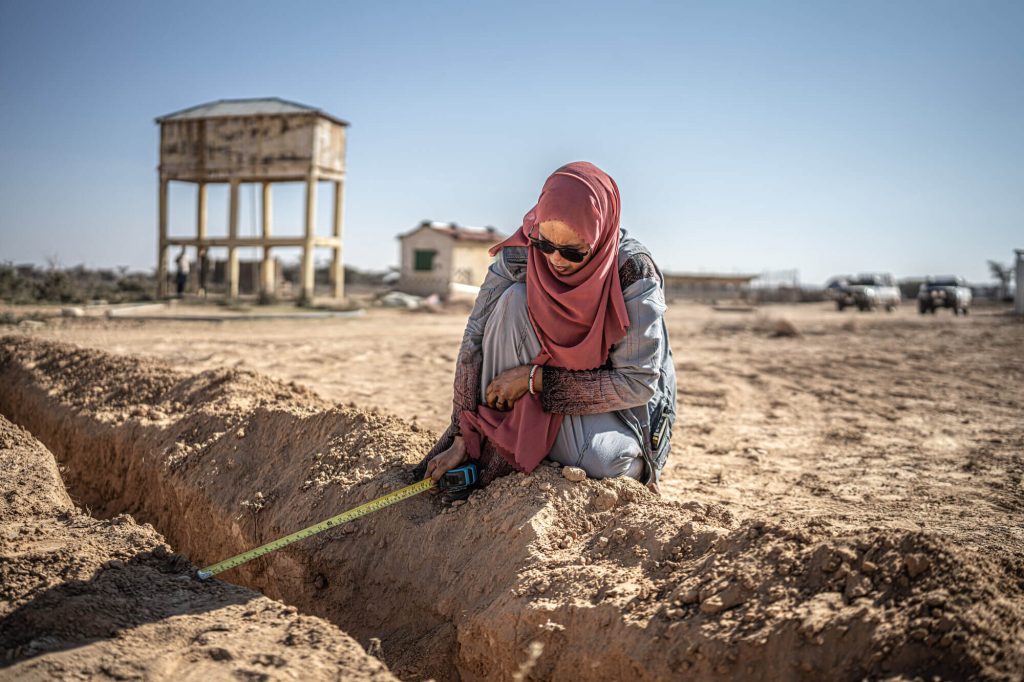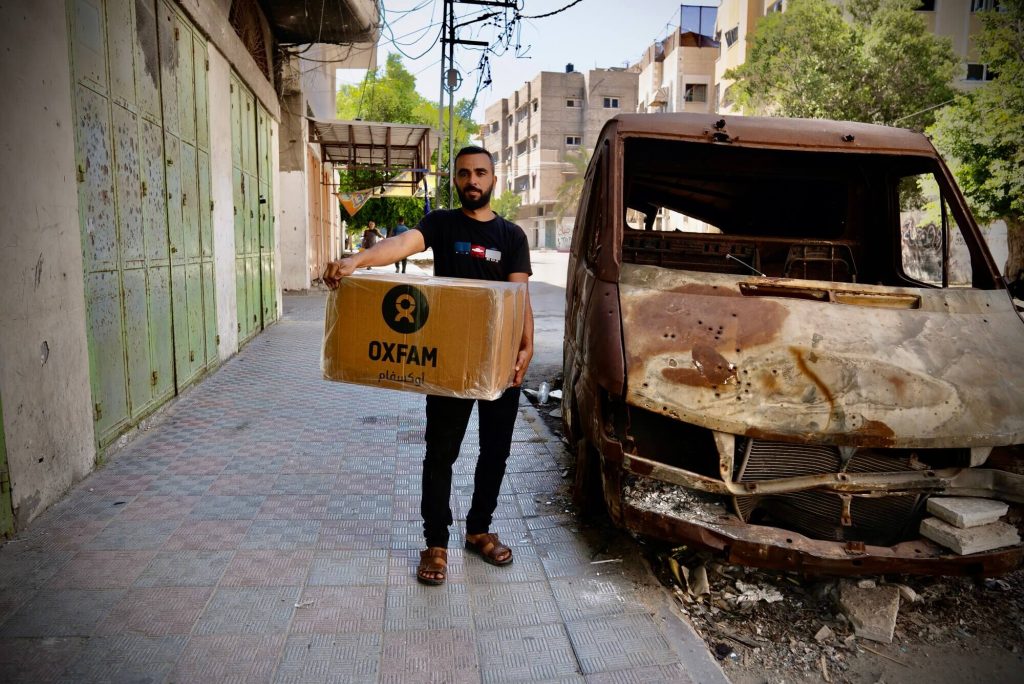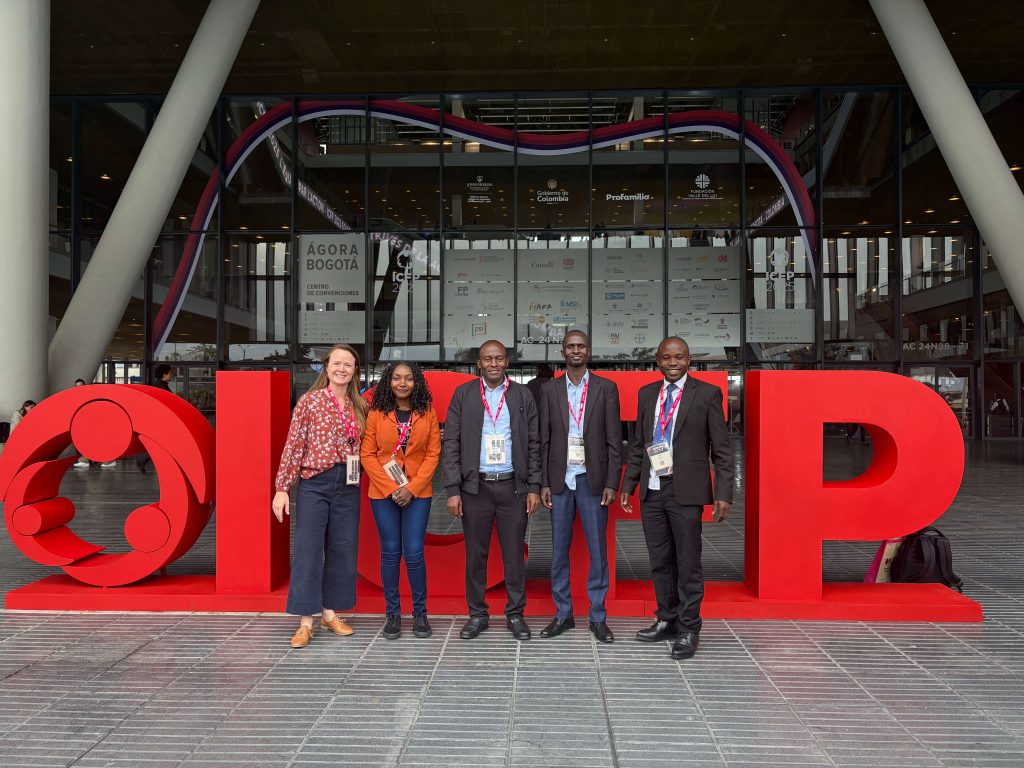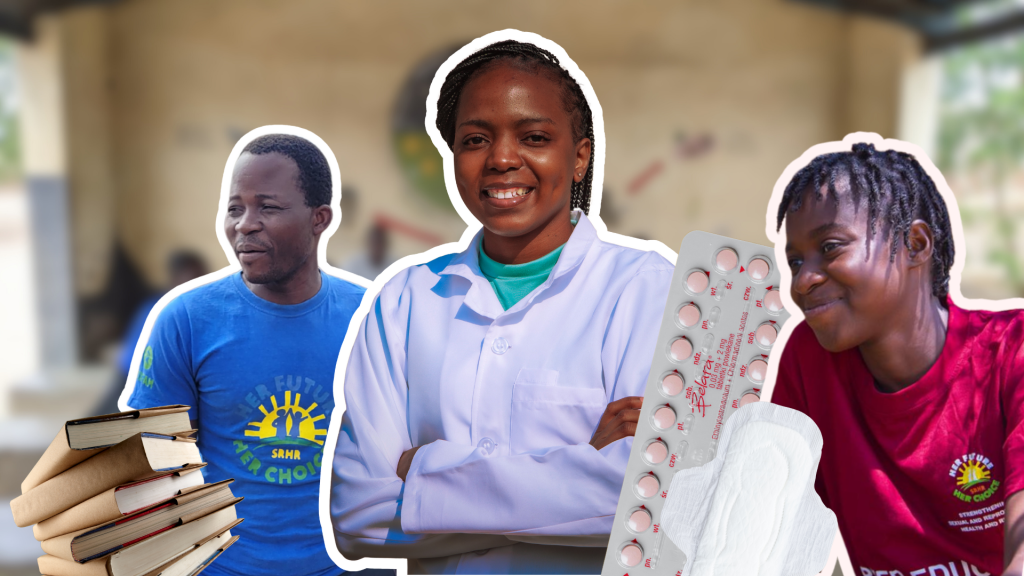World Humanitarian Day: Celebrating the Ones Who Show Up/ The Unsung Heroes
World Humanitarian Day: Celebrating the Ones Who Show Up/ The Unsung Heroes
On the 19th of August every year, the world takes a pause for World Humanitarian Day.
Originally, a day born from tragedy, marking the 2003 bombing of the UN headquarters in Baghdad that took 22 lives and injured over 150 others. But now it represents something more; a spotlight on the people who are compelled to run towards disaster to provide life-saving assistance for communities facing unimaginable crises from war to climate disasters.
This year, particularly, a day like this has never been more important with global aid cuts, and rising crises in countries like Palestine, South Sudan, Congo, Somalia, Ukraine and Syria.
Oxfam Canada honours the bravery, dedication, and compassion of all humanitarian workers. We also recognize the local organizations and community leaders who are the first responders in times of crisis. Their knowledge, resilience, and commitment are the backbone of humanitarian action.
UNSUNG HEROES
These people might not be famous, they might not sit in big rooms with big titles and they might not wear capes, but they're the closest thing we have to real-life heroes.
People like Gatdet and Manyal, both Oxfam colleagues, were shot while helping deliver food in South Sudan. Colleagues like Nono Jean Claude, killed by gang members as he was driving home to visit his family in Port-au-Prince in 2023. In Yemen (2021), our colleague Fathi Mahmoud Ali Salem Al-Zurigi was killed at a checkpoint. And our colleagues Wissam Hazim and Adel Al-Halabi, who were killed by an armed group in Syria in 2020. These are the unsung heroes of whom we speak, and whose memories we honour fondly.

Hodan Mohamad Warsame is an Oxfam water and sanitation engineer. Photo Credit: Pablo Tasco/Oxfam
Narrating her experience working as a humanitarian, our colleague, Hodan Mohamed, a water engineer in Somalia, said, "I love working in the field. It gives me a chance to interact with the people we are helping. It's fulfilling to see the impact our work has on their lives."
Hodan's work as a water engineer helps communities to survive drought and conflict. In a place where mothers walk hours for water and hunger shadows every home, she keeps showing up. Not for recognition, but because people need help.
LESS RESOURCES, GROWING CRISIS
Currently, global funding for aid is being drastically reduced . Schools are shutting down, all while crisis zones are growing. Still, local humanitarian workers keep going, with fewer resources and more risks.

Credit: Alef Multimedia/Oxfam
In Palestine, too many humanitarian workers have been killed trying to render aid to people, while also trying to shield their loved ones from harm in an ongoing genocide. As of July 13, the UN confirmed 875 Palestinians were killed while seeking food, 201 on aid routes, and the rest at distribution points. Thousands more have been injured. Meanwhile, Israeli forces have forcibly displaced nearly two million exhausted Palestinians with the most recent mass displacement order issued on July 20, confining Palestinians to less than 12 per cent of Gaza.
And as the Israeli government continues to blatantly disregard international law by refusing the entry of aid into Gaza, while militarizing aid distribution, aid workers are now joining the same food lines, risking being shot just to feed their families . Oxfam and other humanitarian organizations are witnessing our colleagues and partners waste away before our eyes.
We owe our humanitarian colleagues in Palestine our resilience and must continue to advocate for international law that adheres to humanitarian principles.
HOW YOU CAN SHOW UP
Being a humanitarian isn't just about working in difficult climates or in conflict zones. It's about how all of us show up in our own communities; checking in on a neighbour, donating when we can , speaking and standing up against injustices, holding our leaders accountable, and choosing compassion, even when it's hard.
We all have a part to play. Because when things fall apart, whether across the world or across the street, someone has to show up.
Why not you and I?

